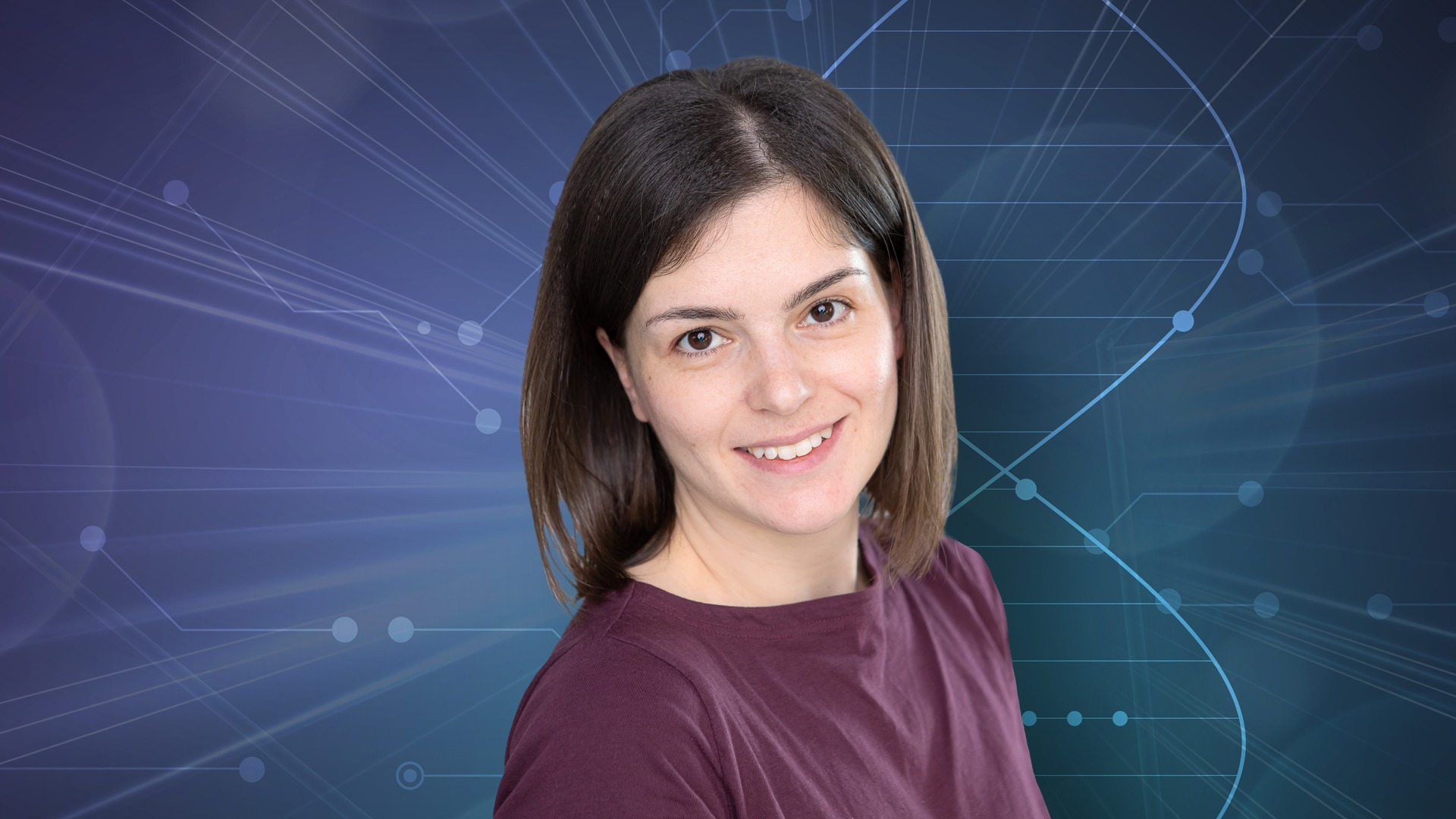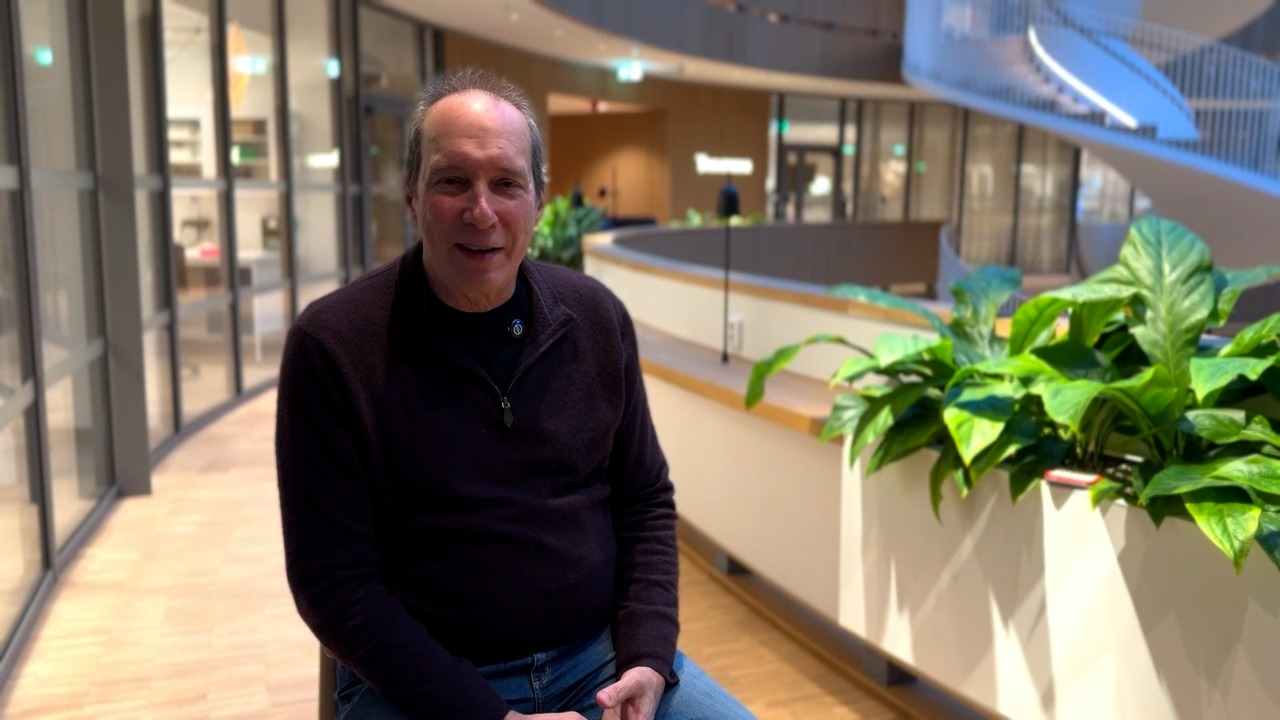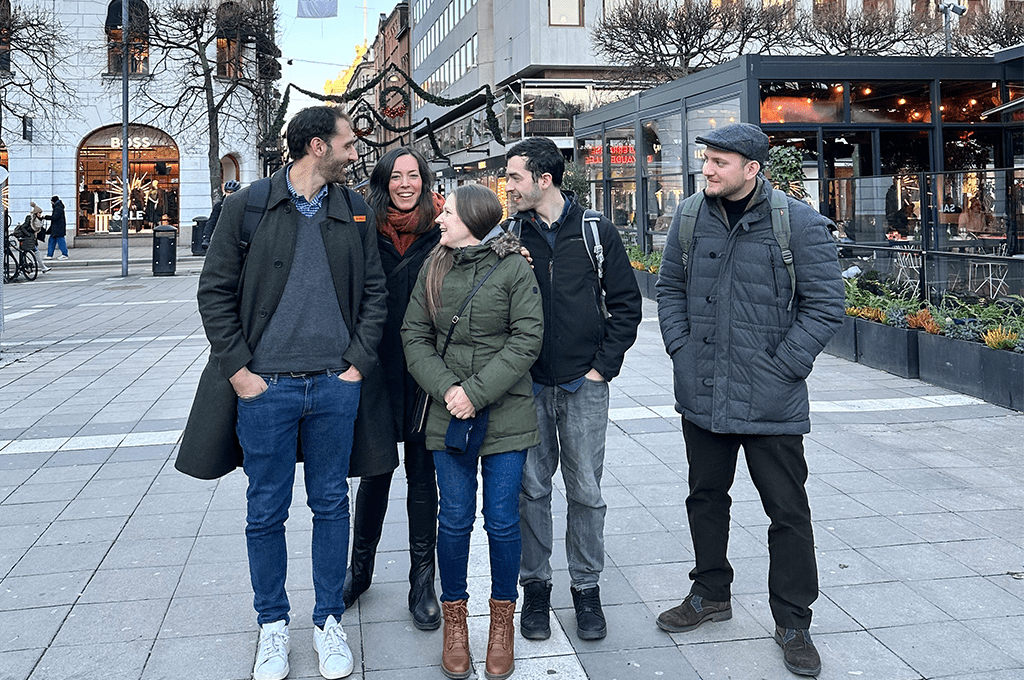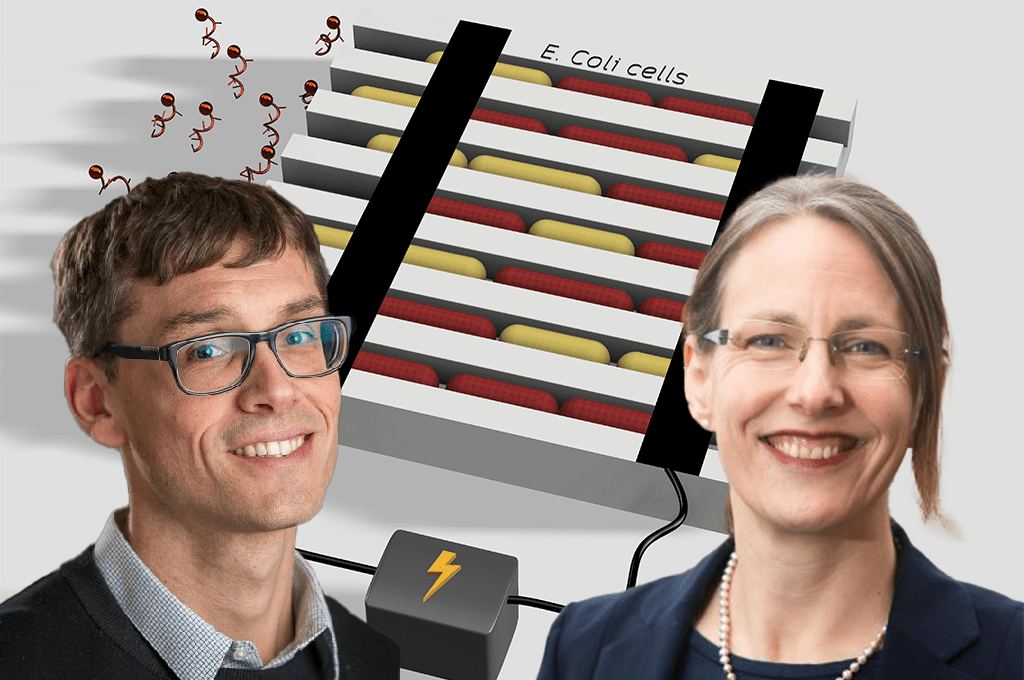Diversity, Equity and Inclusion committee of SciLifeLab wants to help provide a safe space and boost science
A committee aiming to address questions of diversity, equity and inclusion has recently been founded by researchers at SciLifeLab. A first seminar was held on January 28, where committee members introduced the initiative and talked about their own experiences.
The newly founded Diversity, Equity and Inclusion committee of SciLifeLab kickstarted with their first seminar, titled Raising Our Voices, on January 28. The vision of the committee is to create a safe platform where all people at SciLifeLab can bring up topics related to diversity and inclusion; remark the vital contribution of diversity to science; and to discuss experiences and struggles in the scientific life.
In the seminar, which is going to be the first in a series, SciLifeLab Fellow Sarahi Garcia and PhD student Alejandro Rodriguez-Gijón shared their own experiences of struggling with mental health issues and not being considered part of the norms surrounding gender and heterosexuality.
“When it comes to diversity, there are many things we tend to ignore”, said SciLifeLab Fellow and committee member Erdinc Sezgin, in his introduction to the seminar, “Mental health, age, disability, pregnancy, and many more”.
Another aspect rarely thought of, pointed out by both Garcia and Rodriguez-Gijón, is the downside of the somewhat equal Swedish society: because Swedes tend to think of themselves as equal, there is less organization and formal steps to take for those who do not feel part of the community.
“The diversity at SciLifeLab is already huge, but I think these types of questions still aren’t discussed. I think committees like this therefore are needed”, says Alejandro Rodriguez-Gijón.
A committee takes form
The academic system is biased. Different kinds of minority groups have a longer journey when wanting to take on science, than the majority population part of the norm, and often even struggle to see research as an option. SciLifeLab Fellows Sarahi Garcia and Erdinc Sezgin both found these issues important, and felt the need to highlight the contribution of diversity to science. The two met and talked about how to address these issues at SciLifeLab. It early became clear to them that starting a committee was the best way to do this, to be able to create events and spread awareness of these questions at SciLifeLab.
“The goal was to create a safe platform where people can talk about diversity and inclusion. We also wanted to highlight the contribution of diversity to science. People with different backgrounds and different ways of thinking allow for more creative work”, says Sarahi Garcia.
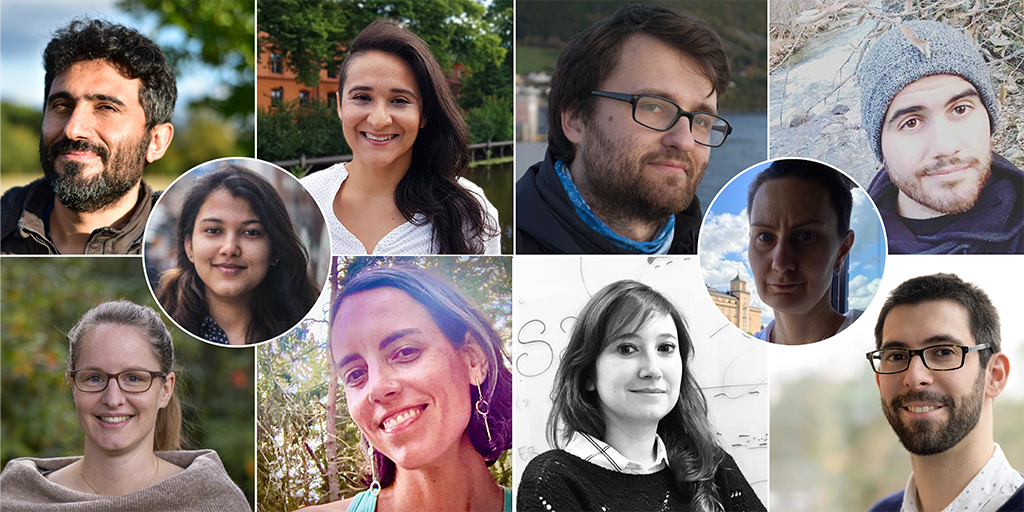
Circles, from left: Aditi Shenoy, Anniina Vihervaara.
A short document of intent was written and showed it to Per Ljungdahl, Director of SciLifeLab’s Campus Solna. Ljungdahl was supportive of the idea, and the document was emailed to everyone at the campus. Some replied that they liked the idea, but did not have the time to get engaged. Others immediately said they wanted to be a part of the committee. They held a first meeting, and Garcia felt that they had created something much needed.
“Listening to everyone and their personal experiences was giving me goosebumps, it was all so inspiring. I felt that if we talk about this in the workplace it can make everyone more motivated and more cohesive as a group, as scientists”, says Sarahi Garcia.
Outside the norm
Sarahi Garcia never felt she belonged in the gender roles society tried to convince her was the only way to be. Wearing specific clothes, having long hair, thinking and acting a certain way, none of it made any sense to her. In her family and community in Mexico, with low levels of income and education, there was a lot of focus on these stereotypical gender roles. What was discussed at the dinner table was most of the time who in the community that did not live up to these roles. For Sarahi Garcia, thinking and worrying about these things took a lot of time and energy. People tried to teach her how to be more feminine. She was being called a lesbian at school well before she even had a sexuality to speak of, because she did not conform to what was expected of her.
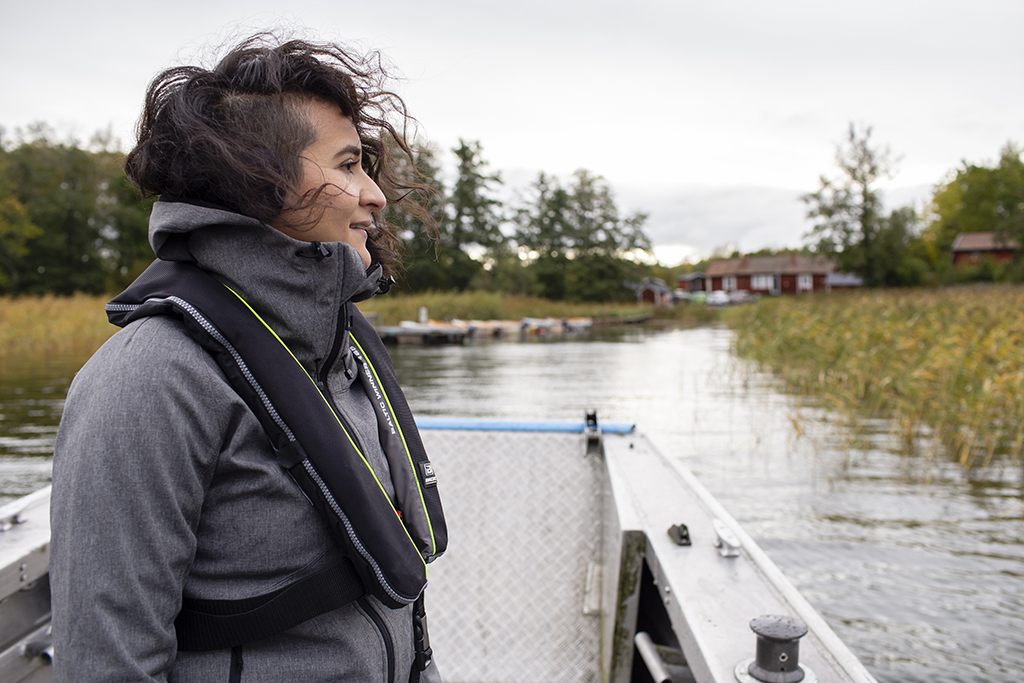
It was only a couple of years ago Sarahi Garcia found someone to talk to about these things, someone who had similar experiences. Today, Sarahi Garcia consider herself biologically female and queer, embracing both her masculine and feminine sides. This is part of why she felt a need to start a diversity committee, for people to address feelings of not belonging, or being treated unfairly. Her hope is that this can help people focus on their goals, their work, and living their lives without constantly worrying about these things.
“I would like to use my energy for creating rather than dealing with fears or taboos”, says Sarahi Garcia.
Support up top
Janne Lehtiö, Scientific Director for Karolinska Institutet at SciLifeLab, participated in the seminar and noted towards the end that he is thrilled about this grassroots initiative, and said that the committee got the full support of the management at SciLifeLab.
“I think we at SciLifeLab have lots of tools to change towards a more inclusive environment. I think one thing is the awareness you are bringing, but I think we can also engage the entire community. And one thing I urge everyone to do is be an active bystander, if you see any discriminatory or questionable behavior, take action. I just want to reassure you that you have a connection all the way up to the management”, said Janne Lehtiö.
Per Ljungdahl, Director of SciLifeLab’s Campus Solna, also attended the seminar and expressed his gratitude to the committee for launching the initiative. Before the seminar he said that the view of scientific progress depending on lonely scientists working in isolation is outdated, particularly so at SciLifeLab, and continued:
“But, it is important to realize that success still depends on individuals, each with their own uniqueness and character. As a community we need to ensure that all our members feel accepted and included and that everyone has the full opportunity to follow their dreams to contribute to our overall mission of discovery. It’s good to recognize that this is not something we can take for granted, but needs work to be realized. I wholeheartedly applaud this initiative!”, said Per Ljungdahl.

